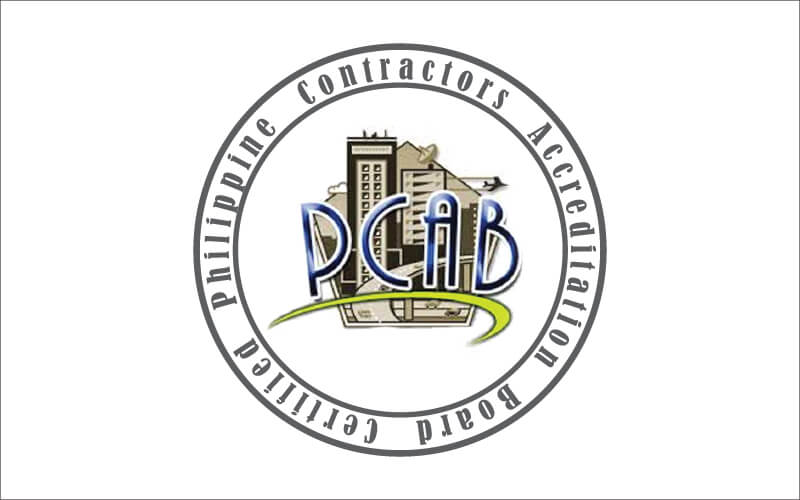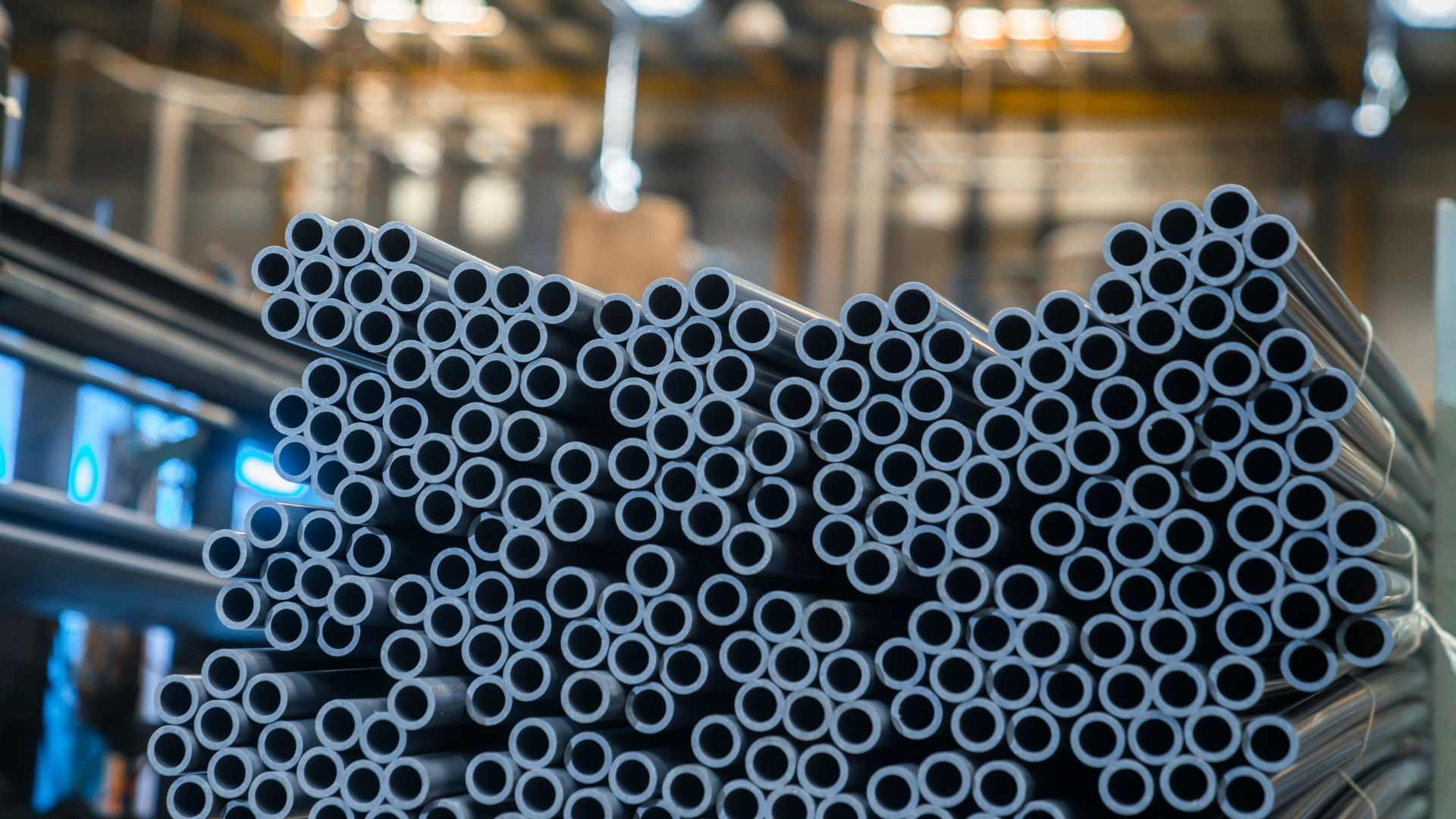Understanding the PCAB License: What You Need to Know

In the dynamic landscape of the Philippine construction industry, securing a Philippine Contractors Accreditation Board (PCAB) license stands as a pivotal step for any aspiring or established player. Functioning under the purview of the Department of Trade and Industry (DTI), PCAB serves as the vanguard, ensuring adherence to stringent standards and regulations within the construction sector.
The PCAB license isn't just a mere bureaucratic formality; rather, it's the veritable cornerstone upon which the credibility and competency of a contractor are built. Whether embarking on public infrastructure projects or private developments, possessing a PCAB license is not just a legal obligation but a testament to a contractor's proficiency in both technical acumen and financial robustness.
What is PCAB? PCAB is a specialized board under the Department of Trade and Industry (DTI) in the Philippines. It is responsible for regulating the construction industry and ensuring that construction-related businesses comply with the standards set by the government.
Why is PCAB License Important? The PCAB license is important because it serves as proof that a construction-related business is qualified and competent to undertake construction projects in the Philippines. It ensures that the company has the necessary technical and financial capabilities to complete projects safely and efficiently.
Types of PCAB Licenses: PCAB issues different types of licenses based on the classification and financial capacity of the contractor. These classifications range from Category A, which is for large contractors capable of handling big projects, to Category D, which is for small contractors limited to small-scale projects.
Requirements for Obtaining a PCAB License: To obtain a PCAB license, a contractor must meet certain requirements, including but not limited to:
- Proof of technical competence through qualifications and experience of personnel.
- Proof of financial capacity, demonstrated through audited financial statements.
- Compliance with safety and labor standards.
Registration with relevant government agencies, such as the Securities and Exchange Commission (SEC) and the Bureau of Internal Revenue (BIR).
Renewal and Compliance: Once obtained, PCAB licenses need to be renewed periodically. Contractors must also comply with ongoing requirements such as submitting updated financial statements and maintaining a good track record in terms of project completion and compliance with regulations.
Consequences of Operating Without a PCAB License: Operating without a PCAB license or with an expired license can result in penalties, fines, and even legal action. It can also lead to loss of credibility and opportunities in the industry.
Additional Considerations: Contractors should also be aware of other regulations and requirements that may apply to their specific projects, such as environmental regulations, building codes, and local government ordinances.
In summary, the PCAB license is a critical certification for construction-related businesses in the Philippines. It demonstrates the company’s competence, financial stability, and commitment to quality and safety standards in the construction industry.
You can visit there website of more informations
For inquiries contact us thru:
Email: inquiry@buildeee.com
Phone: 0992-347-4372
Interested in applying a Loan? Visit us via:
Let's get connected!
Facebook: www.facebook.com/buildeee
Instagram: www.instagram.com/buildeee
Youtube: www.youtube.com/@BuildeeeTV
TikTok: www.tiktok.com/buildeee
Twitter: www.twitter.com/@buildeeepro
LinkedIn: www.linkedin.com/buildeee
- #construction
- #contractor
- #PCAB
- #License
- #Things to remember





